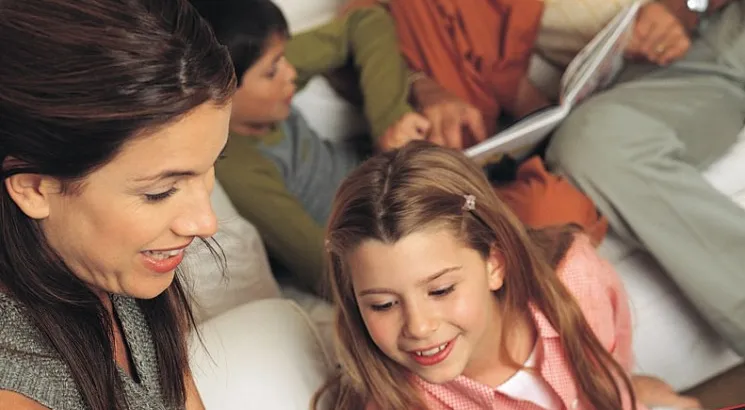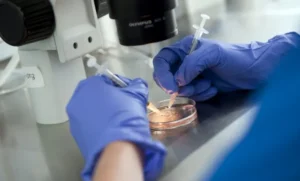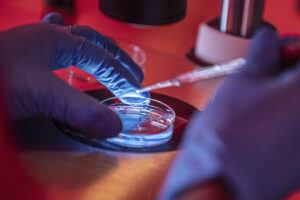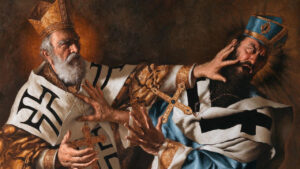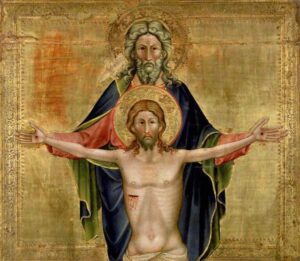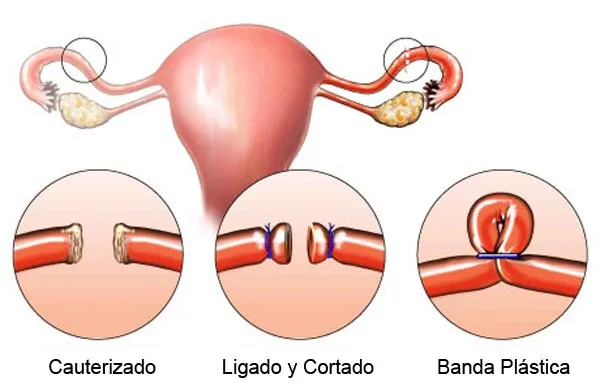Question:
I would like to know if it is a sin not to educate our children in a Christian way (or at least morally). It is a discussion we have been having for some time with our relatives, who, in our opinion, are negligent in the moral education of their children.
Response:
I would like to respond by referring to what the Magisterium of the Church teaches us.
The education of children is not only an act of generosity, but also a parental duty.
“With good reason, then, the Church asks during the Rite of Marriage: ‘Will you accept children lovingly from God, and bring them up according to the law of Christ and his Church?’ (Rite of Marriage, 93) In the raising of children conjugal love is expressed as authentic parental love. The ‘communion of persons’, expressed as conjugal love at the beginning of the family, is thus completed and brought to fulfilment in the raising of children. Every individual born and raised in a family constitutes a potential treasure which must be responsibly accepted, so that it will not be diminished or lost, but will rather come to an ever more mature humanity.”
It is wrong for parents who do not fulfill their educational duty, or do not fulfill it as they should.
For example, referring to education in chastity, a Church document says: “If in fact parents do not give adequate formation in chastity, they are failing in their precise duty. Likewise, they would also be guilty were they to tolerate immoral or inadequate formation being given to their children outside the home.”
Failure to exercise their task as educators can have repercussions on the maturity of the spouses.
By becoming educators, parents are also educated by their children: “ This too is a process of exchange in which the parents-educators are in turn to a certain degree educated themselves. While they are teachers of humanity for their own children, they learn humanity from them. All this clearly brings out the organic structure of the family, and reveals the fundamental meaning of the fourth commandment.”
Spouses are God’s collaborators not only in procreation but also in the education of children.
“If it is true that by giving life parents share in God’s creative work, it is also true that by raising their children they become sharers in his paternal and at the same time maternal way of teaching. According to Saint Paul, God’s fatherhood is the primordial model of all fatherhood and motherhood in the universe (cf. Eph 3:14-15), and of human motherhood and fatherhood in particular. We have been completely instructed in God’s own way of teaching by the eternal Word of the Father who, by becoming man, revealed to man the authentic and integral greatness of his humanity, that is, being a child of God. In this way he also revealed the true meaning of human education. Through Christ all education, within the family and outside of it, becomes part of God’s own saving pedagogy, which is addressed to individuals and families and culminates in the Paschal Mystery of the Lord’s Death and Resurrection. The “heart” of our redemption is the starting-point of every process of Christian education, which is likewise always an education to a full humanity.”
Education should aim at self-education.
“The process of education ultimately leads to the phase ofself-education, which occurs when the individual, after attaining an appropriate level of psycho-physical maturity, begins to ‘educate himself on his own’. In time, self-education goes beyond the earlier results achieved by the educational process, in which it continues to be rooted. An adolescent is exposed to new people and new surroundings, particularly teachers and classmates, who exercise an influence over his life which can be either helpful or harmful.”
This relates directly to the fourth commandment of God’s law
Against this background, we can see the meaning of the fourth commandment, “Honor your father and your mother” (Ex 20:12) in a new way. It is closely linked to the whole process of education. Fatherhood and motherhood, this first and basic fact in the gift of humanity, open up before both parents and children new and profound perspectives. To give birth according to the flesh means to set in motion a further “birth”, one which is gradual and complex and which continues in the whole process of education.
The commandment of the Decalogue calls for a child to honor its father and mother. But, as we saw above, that same commandment enjoins upon parents a kind of corresponding or “symmetrical” duty. Parents are also called to “honor” their children, whether they are young or old. This attitude is needed throughout the process of their education, including the time of their schooling. The “principle of giving honor“, the recognition and respect due to man precisely because he is a man, is the basic condition for every authentic educational process.
Educating implies “being demanding”.
“Aware of this and of the real difficulties that exist for young people in many countries today, especially when social and moral deterioration is present, parents are urged to dare to ask for more and to propose more. They cannot be satisfied with avoiding the worst — that their children do not take drugs or commit crimes. They will have to be committed to educating them in the true values of the person, renewed by the virtues of faith, hope and love: the values of freedom, responsibility, fatherhood and motherhood, service, professional work, solidarity, honesty, art, sport, the joy of knowing they are children of God, hence brothers and sisters of all human beings, etc.”
And to demand means to impose and oblige: “This does not mean imposing a certain line of behavior, but rather showing both the supernatural and human motives that recommend such behavior. Parents will succeed better if they are able to dedicate time to their children and really place themselves at their level with love.”
Fr. Miguel A. Fuentes

